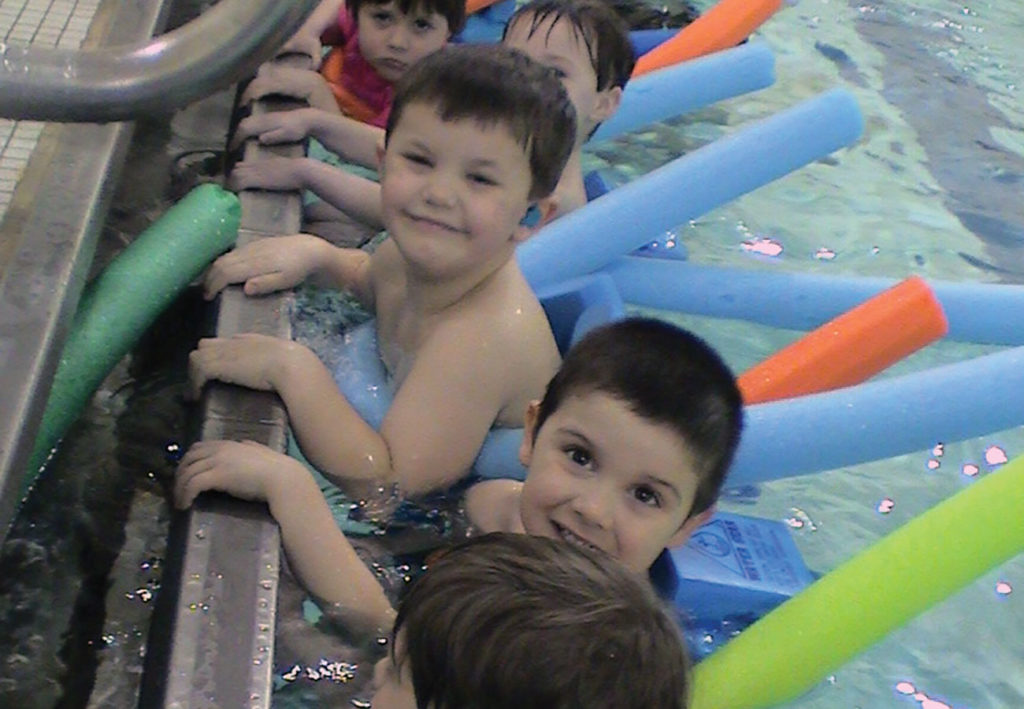By Dr. Lisa Ryan
Sun protection

While sun conversations take place all year, they start to pick up in the spring as families are excited to start getting out in the nicer weather.
We often think about sunscreen when we head to the beach, but sometimes we forget to use it each day. Even when we’re out in the yard, it only takes a few minutes to get sunburnt. And it’s important to know that the sun will reflect off sand and water (and snow!), so even if you are in the shade, you still may burn.
Infants should use a reputable brand of sunscreen, as newborn skin is more sensitive. I also recommend a sunscreen with zinc in it, especially on the face for active babies who may be more prone to sweat. Zinc with sunscreen will not irritate the eyes as much, and a level of SPF 30 provides good protection for children. Wearing clothing that provides UV protection, hats, and sunglasses are always helpful, too.
If babies do get sunburnt, applying a cool washcloth to the burn may help provide some relief. For parents who have children over two years old, a little bit of Tylenol can be used for discomfort.
Be safe around water

Once babies start walking, water safety is critically important. Children should never be left alone around water.
The top cause of accidental death in kids ages one to four is drowning. Parents should exercise caution when their children are around water, as kids under five can go under very quietly and quickly—often without a splash or warning sign.
Always hydrate
Hydration is important all year, but it’s very important in warmer weather. Here is a helpful guide to the right number of 8-ounce servings of liquid (which includes water or milk) various ages should be consuming:
- Ages 1-3: 3-4 servings
- Ages 4-8: 5 servings
- Ages 8-10: 8 servings
- Ages 10 and older: 8-10 servings
Please note, on hot and humid days, even more water is suggested.
Keep the bugs at bay
Ticks are present all year long, and we live in a region where Lyme disease is prevalent. Everyone could benefit from daily tick checks. As kids get older, it’s important to check the entire body when they’re getting ready for bed at night.
When thinking about insect repellent, I recommend the use of bug spray with DEET in it with the exception of babies under 2 months of age. While repellents with up to 30% DEET are considered safe, I recommend starting much lower and working your way up as necessary. It’s also important to note that DEET works best applied to clothing rather than the skin.
And if you want to prevent bites, avoiding outdoor activities when mosquitos are most active, such as dusk, is a good strategy. Using mosquito netting can also be helpful for young children, too.
By keeping some of these tips in mind, we can help ensure that our little ones are safe and protected. If you have any questions, I encourage you to reach out to your primary care provider or pediatrician to learn more.
Dr. Lisa Ryan is a pediatrician at Northern Light Mercy Hospital’s Dr. Harry E. Davis Pediatric Center.
Content Provided By
Northern Light Mercy Hospital is a nonprofit community hospital sponsored by the Sisters of Mercy. Northern Light Mercy Hospital is a paid advertiser.





